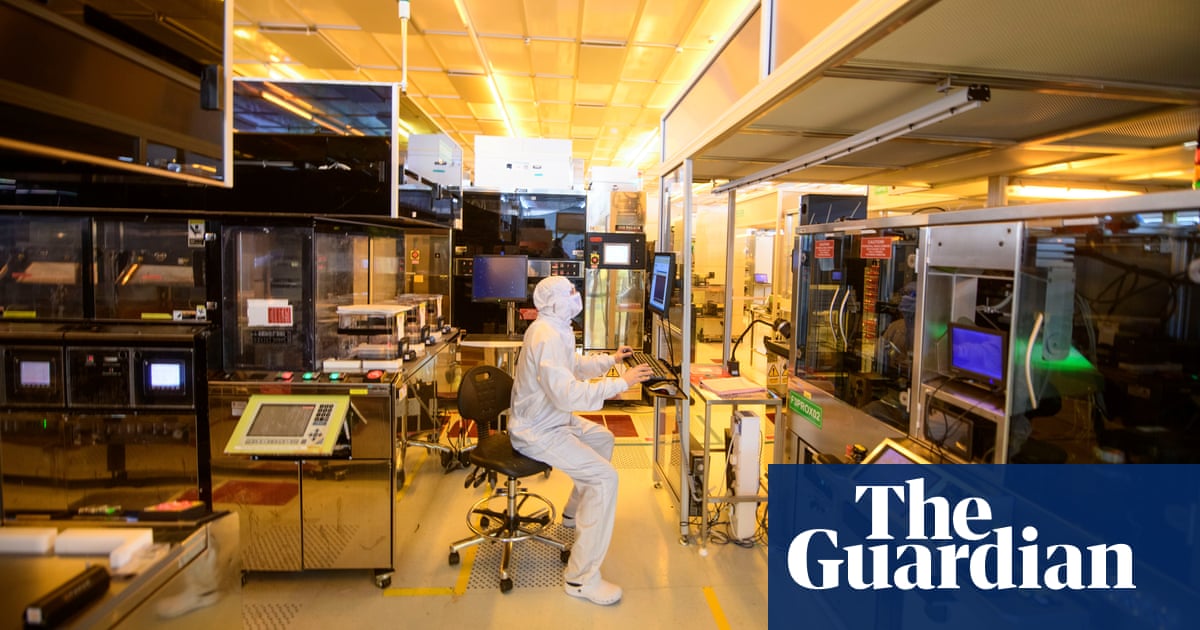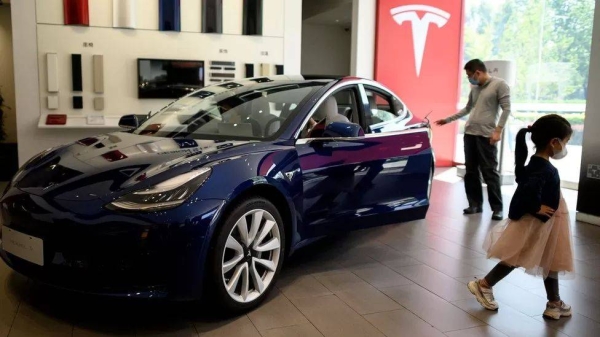
Samsung has said it will build a $17bn (£12.7bn) semiconductor factory in Texas, amid a global shortage of chips used in cars, phones and other electronic devices.
The plant just outside Austin would be the South Korean company’s biggest US investment and is expected to be operational in the second half of 2024.
Samsung had also considered sites in Arizona and New York for the factory, which will be much bigger than its only other US chip plant, also in Austin.
Samsung said the new facility would boost production of hi-tech chips used for 5G mobile communications, advanced computing and artificial intelligence, and also improve supply chain resilience.
The chip shortage has become a significant business obstacle and a serious US national security concern. Shutdowns during the Covid-19 pandemic have led to supply issues, hampering production of new vehicles and electronic devices for more than a year. National security has also become an issue because many US companies are dependent on chips produced overseas, particularly in Taiwan, which China has long claimed as its own territory.
Nina Turner, a research analyst at the research firm IDC, said it was “a concentration risk, a geopolitical risk” to be so reliant on Taiwan for much of the world’s chip production. She added that the shortages were likely to ease but there would be a long-term demand for chips as more and more everyday products relied on them.
Announcing Samsung’s new factory, the governor of Texas, Greg Abbott, said: “This is the largest foreign direct investment in the state of Texas, ever.”
Samsung is one of the world’s largest chipmakers with more than 20,000 employees across the US. It said the latest announcement took its total investment in the country to $47bn.
The company’s vice-chair, Kinam Kim, said it chose the site based on a number of factors, including government incentives and the “readiness and stability” of local infrastructure.
Many chipmakers are spreading out their manufacturing operations in response to the shortages, which have taken a toll on sectors from the automotive to the video game industry.
Angelo Zino, an analyst at CFRA, said: “It makes sense for the supply chain to be a bit more diversified geographically.” He added that another factorwas the expectation that Congress would approve federal subsidies for the semiconductor industry to build its factories in the US, in the hope it would bring jobs, lessen future supply concerns and give the US more leverage over economic rivals such as China.
The Biden administration has been pushing for Congress to pass the $52bn Chips Act to increase computer chip manufacturing and research. Separate legislation also under consideration would create a tax credit for investment in semiconductor manufacturing facilities.
Other countries have made similar pushes to get chips made closer to where they are used. The European Commission earlier in November said it could approve aid to fund production of semiconductors in the 27-nation bloc.











